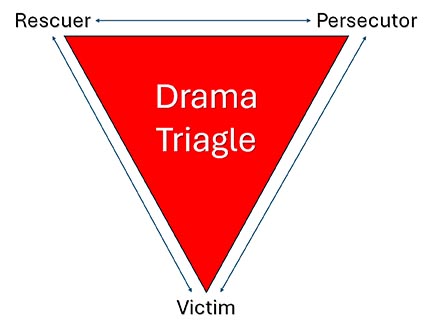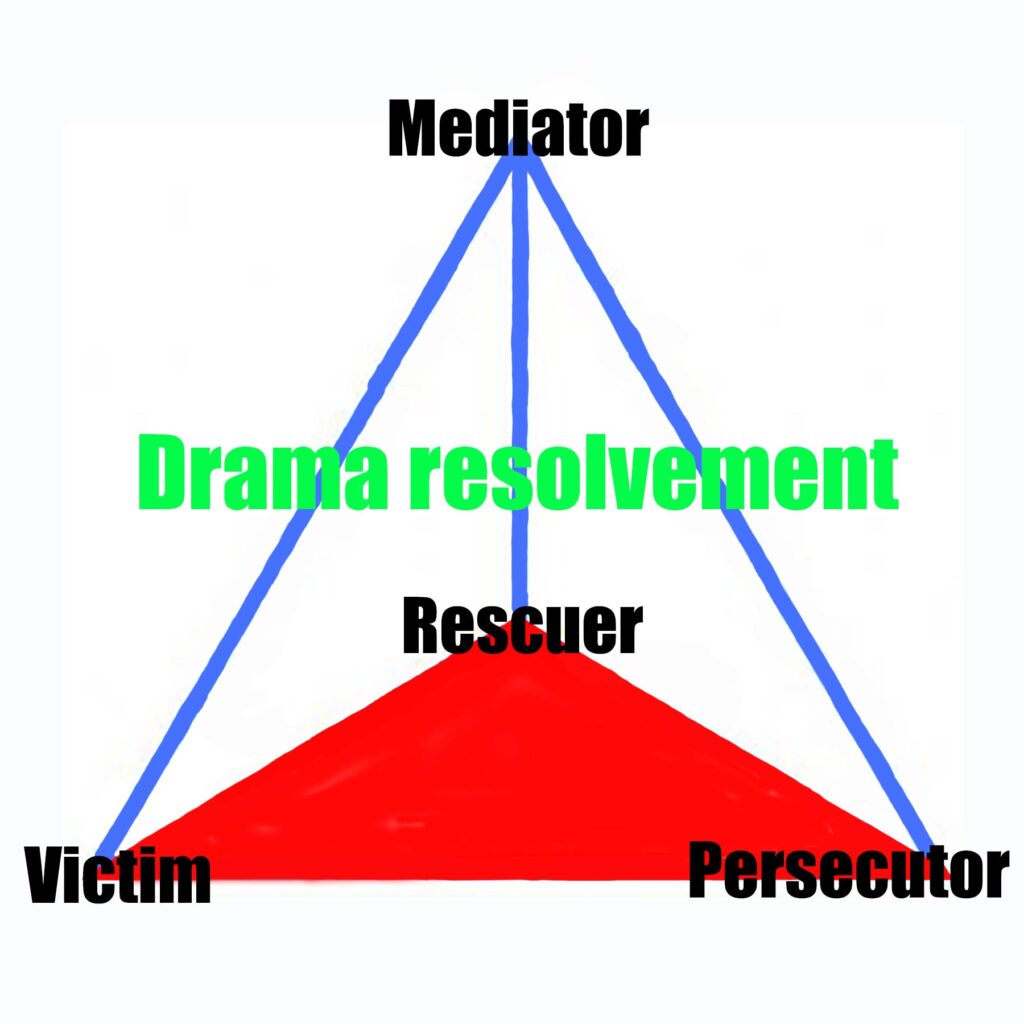How can parenting influence someone’s adulthood?
Children mostly image themselves on their parents. Their transgenerational blueprint is not only passed on through their genes. A child, consciously and unconsciously, makes up their unique interpretating of grown-up examples around them in all possible circumstances during their childhood. The environment where a youngster spends most of his time, leaves the biggest imprint and in most cases, that is their parental home.
Most homes are inspiring, but some have destructive influence.
Pasts
Those who have read my story, know that suicides, paedophilia, bullying, euthanasia and toxic relationships have made a huge impression on my life. For those reading between the lines, know that my upbringing wasn’t easy. In some cases, my parents’ inability to resolve certain situations has let up to drama, but it has become my attitude to apply a wider view on these memories rather than focus on those traumatic events.
Never assume that my childhood was all gloom, there were also moments where we connected as a family and enjoyed precious moments together.
Unfortunately, other people weren’t so fortunate. My late beloved Veerle, was also heavily impacted by her parents ability to deal with life.
Especially her mother’s mental issues weighed heavily on her. It remains unclear how other family members influenced her. Without wanting to, Veerle took on the role of a parent for her, partly denying her right to be a child. The impact was huge. She also fell victim to similar things because the parentification (meaning that a child has taken over the role of a parent) prohibited the development of healthy boundaries during her childhood.
Our relationship had frequent ups and downs and several therapists were unable to identify and break the co-dependency pattern that held her mother’s conditioning in place. One can only understand her final decision if this is taken into consideration.
And we were not alone!
After my last burnout in 2020, I opted for a therapeutic admission. That haven helped me to slow down, regardless of the prejudices coming from my environments.
Other patients also suffered from traumatic experiences where parenting played a dominant role.
One lady’s inability to leave her alcohol addiction behind her due to her father’s abuse. A man, who’s inability to contextualise threats for his children due to his mother’s smothering, resulting in a misplaced overprotective nature towards his family and the list goes on.
You could consider these as extremes, but people’s behaviour depends on their upbringing.
What are the consequences?
Our conscious and unconscious behaviour has a 20/80 ratio. But 100% of our conduct is based on patterns developed during our childhood.
Therefore, if unaddressed, we will pass on our transgenerational patterns onto our children.
According to SAMHSA, child trauma occurs more than you think. More than two thirds of children reported at least 1 traumatic event by age 16. Potentially traumatic events include psychological, physical, or sexual abuse.
Prior to my voluntary admittance in 2020, I had exhibited improper behaviour because of my burnout, enhanced by the prescribed medication. My then-girlfriend’s children were exposed to that transgressive behaviour, prompting her to part ways.
As difficult as it is to accept, it was her only rational option. Children who are exposed to parents exhibiting inappropriate conduct could carry on that pattern into adulthood.
The influence on HSPs and empaths
On the one hand, according to the generations before the twenty-first century, HSPs and empaths were often thought to be weak, overemotional, or inept to deal with life. Society’s prejudice had practically isolated them until Elaine Aron and Judith Orloff coined their abilities, offering them a different perspective.
That group, approximately 20% of the world’s population, is the most vulnerable to negative impulses from their environment, especially during their childhood and teenage years.
Their abilities to connect to others are comprised in their upbringing, as is their ability to love or resolve heartache.
On the other hand, there are solutions to strengthen their core, on which we elaborate in the following paragraphs.
What could be done to break this pattern?
We could blame ourselves or our parents for our misfortune, focussing on the issues. We may even end up overdoing it, blowing it out of proportion.
Some even say that we have to accept what is and deal with it as we go along, but is that healthy approach?
Ignoring the issues might keep someone hostage in a same vicious circle of drama and heartache. Fundamentally, it all starts with our perspective and our ability to step out the drama triangle, prohibiting further escalation.
The drama triangle
The drama triangle is a model of dysfunctional social interactions that depicts a power struggle between three roles: victim, rescuer, and persecutor. Each character symbolises a typical and unproductive reaction to conflict.

Victim – “Why me?”
They usually express the feeling of being victimised, imprisoned, helpless, and hopeless. They think they are at the mercy of life, struggling to recognise their part in negative situations and do not feel they can change their lives on their own.
Their helplessness or ineptness to take responsibility for their actions translates into blaming others. They are continually looking towards others to fix their problems.
If the Victims maintain their ‘dejected’ position, they will be unable to make decisions, solve issues, change their existing situation, or feel any sense of happiness or success. In some cases, this could be a sign of the mental health condition called Narcissism.
Rescuer: “Let me help you.”
Rescuers are continuously intervening on behalf of the victims, attempting to rescue them from imagined danger. They feel bad for ‘seeing others drown’.
Rescuers may have all the best intentions and seek to ‘assist’ others as they see fit. They fail to recognise that by providing victims with short-term solutions, they keep them reliant and ignore their own needs. This is why Rescuers are often under pressure, exhausted, and may not have time to complete their own work since they are busy battling fires for victims as they erupt!
This role is frequently assumed by HSPs and Empaths as it is their instinctive nature.
Persecutor – “It’s all your fault!”
Their similarity to ‘Critical Parents’ in their severity, toughness, and establishing limits is remarkable. They tend to believe that they must win at any cost.
Persecutors condemn the victims and criticise the rescuers’ actions without offering adequate counsel, help, or a solution to the situation. They are critical and adept at detecting defect, and they maintain order and rigidity. They oppress the victims and can occasionally be bullies.
How do you see yourself: are you a victim, a rescuer, or a persecutor?
Understanding the Drama Triangle and its roles helps you to step out of the drama and become an observer.
If you are human, you are likely to see yourself or be seen by others in a variety of settings. It is vital to note that during a mind game, the participants in the Drama Triangle may switch roles, and if one of them does, the other two roles will also change.
This type of situation is common when people are ignorant of their past behavioural patterns.
Empaths are frequently observed assuming the role of rescuer, acting on their innate helpful nature. Leaving them vulnerable to being drained by negative individuals. In certain circumstances, they even engage in romantic relationships and become absorbed in their partner’s abusive environment, leaving them depleted in the end.
The groundwork for adopting these roles is frequently established in our youth.
Once aware of these roles, the potential arises to take a step back and to become an observer of the interactions between yourself and your interlocutor.
That will break the vicious cycle and one can start to healing.
The approach of the processing is as follows:
- Tell the story once.
- Reframe it, including your newfound abilities.
- Identify the feelings of these memories, the invoked emotional reactions in a recent event and their impact on others.
That will lighten or resolve the emotional luggage in our virtual backpack in the end.
These are the key steps to broaden your mind, helping you to focus on things that really matter and that is the role of the mediator.
The mediator is the one who can:
- Identify the different roles in the drama triangle
- Distance oneself from getting caught in the emotional interaction
- Provide options

The resulting actions can resolve problems between the different roles as their ability to observe, interpret and understand offers new perspectives.
Applying this technique in parenting, introduces the ability to break with older patterns, healing inflicted wounds through generations.
Parents could supportive in that process if they are willing. In an optimal situation their openness could provide you with:
- More objective details to create an overall view on old issues.
- They could discover what could have done better, admitting their shortcomings at the time.
Potentially healing the family instead of remaining caught in downwards spirals of drama and separation.
It may be redundant to state that certain problems are insoluble.
The energy of the roles
Needless to say, empaths are very sensitive to the energy of these conflicts. The depleting energy of the ‘victim’ and ‘persecutor’ roles addressing them as rescuer most of the time… where they ‘need’ to ‘resolve’ the situation whilst sustaining the old cycle.
However, if empaths could become the mediator instead, they could offer suggestions to the victim or the persecutor, enabling them to resolve their own issues. It will help them grow too.
Heartache
As previously stated, the grieving process exposes more about us than we are aware of.
It tells the way people relate to one other. If someone has an unhealthy connection, their dependency will show.
When that relationship ends (regardless of the form), the impact will be more pronounced. The invoked persistent stress may trigger a relapse in older behavioural patterns, which could result in emotional reactions, invoking our own drama triangle.
This must be investigated while we mourn and reframe our memories.
Summary
Parental guidance frequently determines our present point of view in life. Weaving that understanding into our current lifestyle allows us to acquire a more objective perspective on life, which we will pass on to next generation.
Isn’t that the ultimate goal of personal development?
If the suggested tips don’t work, it is up to you to seek advice. When will you do that?
We provide one-on-one sessions, workshops, and retreats to help you connect with yourself and other like-minded people.
Follow me on social media, share this post, or send me a message if you want to know more.